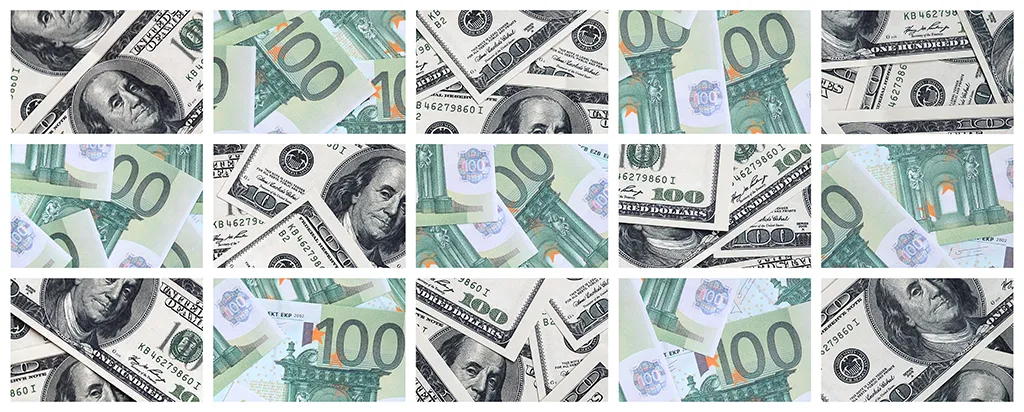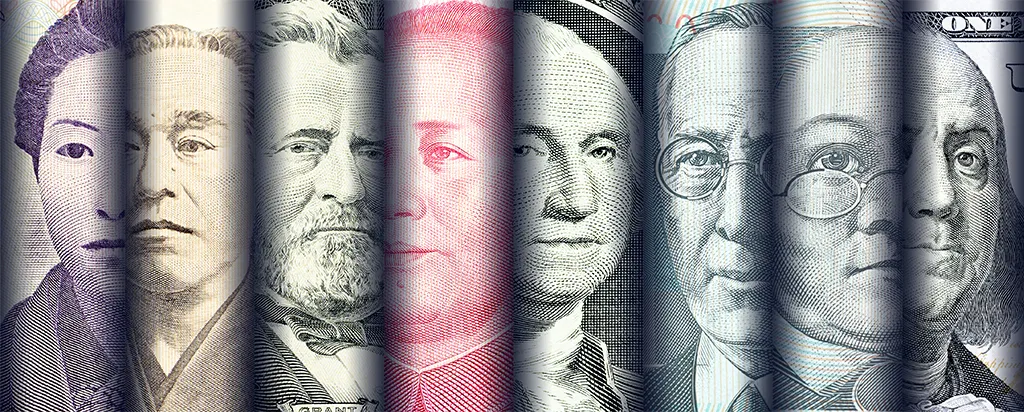Forex (short for Foreign Exchange) is a currency exchange. The forex market is primarily considered the international currency market – the largest and most active financial market in the world. Its daily turnover exceeds $5 trillion. This is more than the turnover of all national stock markets combined.
Forex market participants are the largest banks and central banks of different countries, investment and pension funds, large companies and private investors with huge personal capital. Transactions in this market start from $1 million.
But forex is also called a market in which they do not buy or sell real currency, but only make bets on the growth or fall in exchange rates. This market was organized by specialized companies – forex dealers.

You cannot buy currency through a forex dealer. If you need dollars, euros, pesos or yuan, you can exchange them at a bank or on a foreign exchange through a broker.
Forex dealers offer ordinary people to participate in the game on the forex market. The bottom line is that a person is trying to predict what will happen to the exchange rate of one currency in relation to another, and makes a deal with a forex dealer. If his forecast comes true, he earns – the dealer pays him money. If not, then the dealer, on the contrary, writes off a certain amount from his account.
At the same time, to start trading, as a rule, neither a lot of money nor special equipment is required. It is enough to have access to the Internet and a trading terminal – a special program on a computer. Recently, even mobile applications have appeared to access Forex. However, this does not mean that it is easy to make money on Forex, on the contrary, the risks of losses are extremely high.
What do you need to start Forex trading?
If you do not qualify as a qualified investor, you will first have to take a free test. The verification will allow both the dealer and you to make sure that you understand the peculiarities and risks of trading in the forex market.
Then you conclude an agreement with a forex dealer and install the dealer’s trading program on a computer, smartphone or tablet. This program reflects the rates of all currencies in which transactions can be made.
Forex dealer can use currency quotes of international currency exchanges, banks, Russian and foreign brokers, news agencies and other reliable sources. A complete list of possible quote providers is available in the Basic Standard for Forex Dealers.
In order to make deals on Forex, you must transfer a deposit to the dealer’s account. This money will be a guarantee that you will be able to fulfill your obligations under forex transactions.
The program online reflects all your trading operations – conditional “purchases” and “sales” of currency. But real money comes to your account or is debited from it only after you close transactions. If you correctly predicted the movement of the exchange rate, the dealer credits money to your account – your deposit increases. If you didn’t guess, the deposit decreases.
You can withdraw a deposit from the dealer’s account only after all transactions are closed. And you can replenish your account at any time. It is important to remember that in a bad scenario, you risk losing the entire amount of the deposit.
How are transactions made in the forex market?
Before a trade, you choose two different currencies – a currency pair. One of them is basic, the second is quoted. Your task is to try to predict how the exchange rate of the quoted currency will change relative to the base one. If you are sure that the rate of the quoted currency will rise, you can open a deal to “buy” it. If you think that it will fall – to “sell”.
Most often, the dollar is chosen as the base currency, and you can choose any other quoted currency.
You have chosen the currency pair – euro and dollar. The dollar is the base currency, the euro is the quote currency. For example, you expect the euro to rise against the dollar.

Now the euro is worth $1,213. You open a deal to “buy” the euro in the amount of $100. In reality, euros do not come to your bank account, but are reflected in the internal register of transactions of the forex dealer and on your balance in the program.
Let’s assume that the price of the euro really rises to $1.223 in a day. You think that it will not grow any more, and close the deal. This is how you lock in profit: $(1.223 – 1.213) × 100 = $1. The forex dealer will credit this money to your real bank account – your deposit will be replenished. If the euro exchange rate falls to $1.113, your loss will be: $(1.213 – 1.113) × 100 = $10. And the forex dealer, on the contrary, will write off this money from your bank account.
It should be borne in mind that the forex dealer takes a commission for his services. For example, for opening and maintaining an account, connecting to a trading program, conducting transactions, transferring money to a bank account and other services. All rates must be specified in the contract.